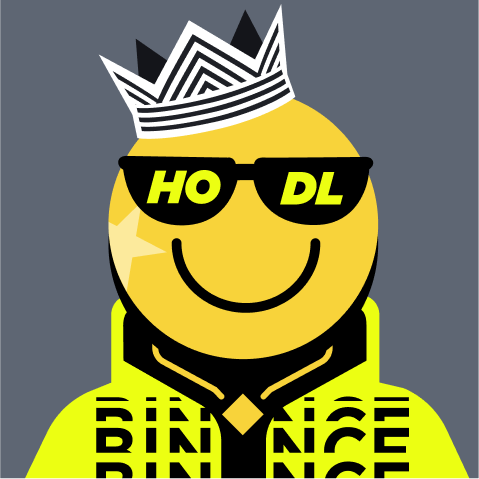Ethereum still has the biggest number of fee-producing apps, which also draw in a steady inflow of users. Although apps don’t share their revenues, they are still a reason for the chain to exist due to significant demand.
Ethereum is still the best chain based on the number of top apps on it. The apps do not share all their fees with validators, but they still serve to generate a high baseline level of traffic and active wallets. Indirectly, apps also draw in liquidity in the form of tokens, stablecoins, NFT, or other payment tools.
As of September 2024, Ethereum still has the biggest list of top apps, with a high financial turnover. Based on DappRadar data, Ethereum carries a total of 4,771 apps, with value concentrated in a handful of big liquidity hubs.
Ethereum carries more than $4.65B in daily app volume, with $27.71B on a weekly basis. When it comes to value locked and payments. Ethereum hosts the most active pools of Uniswap V3, the 1Inch network aggregator, Banana Gun bot, OpenSea, and several lending, insurance, and DeFi protocols.
The fees from those apps are counted as part of Ethereum’s income, though the exact bottom line differs depending on the research approach. Token Terminal data places Ethereum weekly fees at around $11.93M.
Ethereum also carries so-called fat fee apps, which draw in significant payments. The reason for those apps is the ability of Ethereum to aggregate value. Large-scale traders and the potential for passive income meant participants were ready to pay the fees.
Ethereum still consistently surpasses Bitcoin on average weekly fees. Some of the top Ethereum apps like Aave and Uniswap also surpass L1 and L2 chains in terms of fee production.
Validators are still earning more than $5M on a daily basis, including up to $900K from fees. The growing number of validators means each node has a small share of those daily rewards from discovering new blocks.
Ethereum staking still produces 3.14% in annualized returns, with additional earnings from MEV protection. Ethereum has also spawned a block-builder economy, where apps create demand for fast, guaranteed transactions to be included in blocks.
Solana relies on three top apps
Solana seems like the more influential network, often surpassing Ethereum in terms of daily activity. However, Solana’s top apps are much fewer than Ethereum. Most of the activity comes from Jupiter DEX aggregator, Pump.fun, and Raydium. JitoSOL is also key for Solana’s growth, especially in its staking, liquid staking, and re-staking products.
Yet the biggest use case for Solana in 2024 turned out to be meme tokens and bot-driven DEX activity. Solana’s major appeal was the ability to trade meme tokens with minimal fees. However, Solana has a smaller share of derivative trading, as well as DeFi protocols, which lowers the potential to become a liquidity hub.
Binance Smart Chain retains a high app count, low value transfers
BNB Smart Chain is a leader in the sheer number of apps, totaling 5,448 according to DappRadar. All those apps achieve a weekly turnover of $6.14B, though total fees are only $2.26M weekly.
Most of the value on the BNB Smart Chain comes from PancakeSwap. The chain was widely used for Web3 apps and games during the play-to-earn move and has lagged behind the new DeFi boom of 2024.
The volatile price of BNB Coin (BNB) and the lowered supply of Binance USD (BUSD) also meant the value locked on the chain is now down to $4.26B.
Among big chains, TRON has reported the highest fees, in addition to peak daily active accounts and transactions. However, TRON mostly carries USDT transactions and only generates around $343M in daily app volumes.
TRON’s activity is also suspected of not being organic. As of September 2024, Sun Pump is the top app, with limited activity on DEX and other products. The chain reports 1,393 apps in total, though most of them are far from the popularity of Ethereum and Solana products.
Some of the chains engineered for high-velocity transactions are also not producing enough products or drawing in fees. The slowdown of gaming meant chains like Avalanche produce even less fees than a single Ethereum app.
Cryptopolitan reporting by Hristina Vasileva






